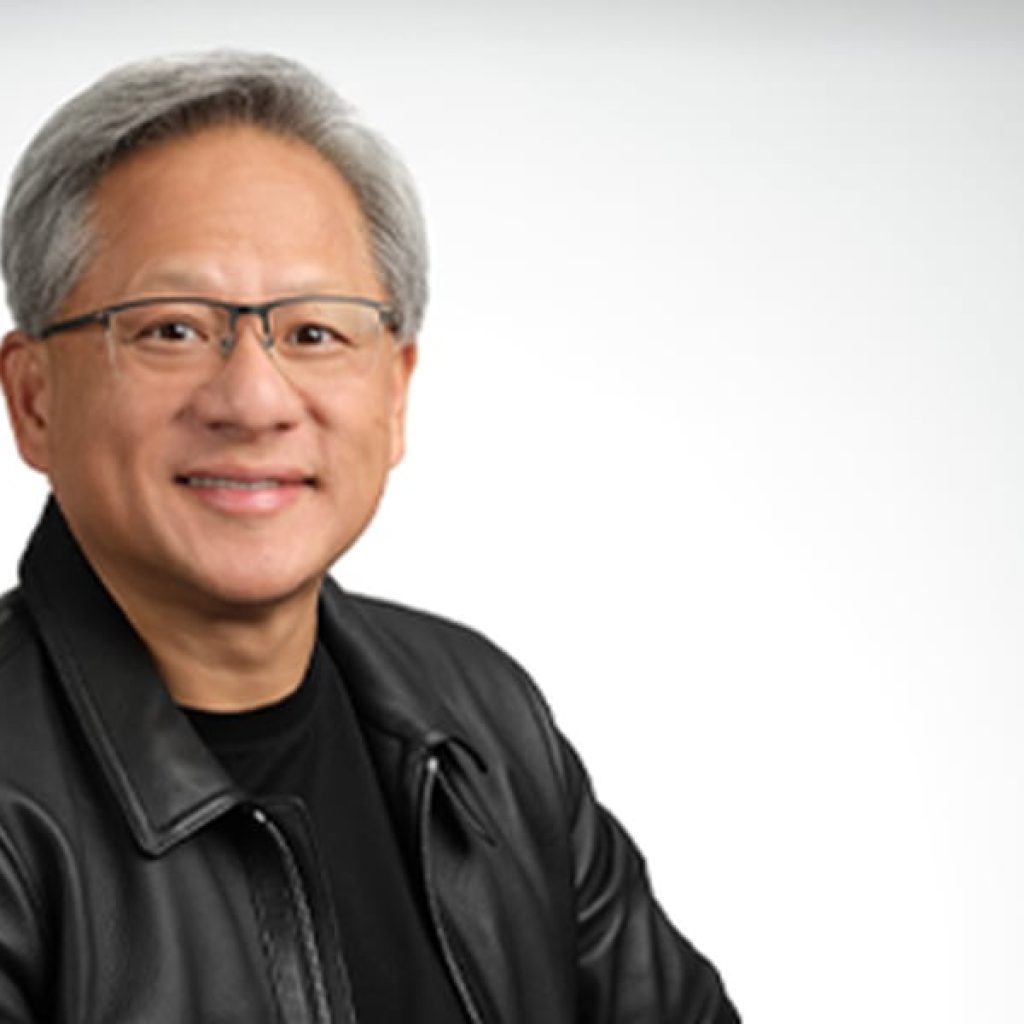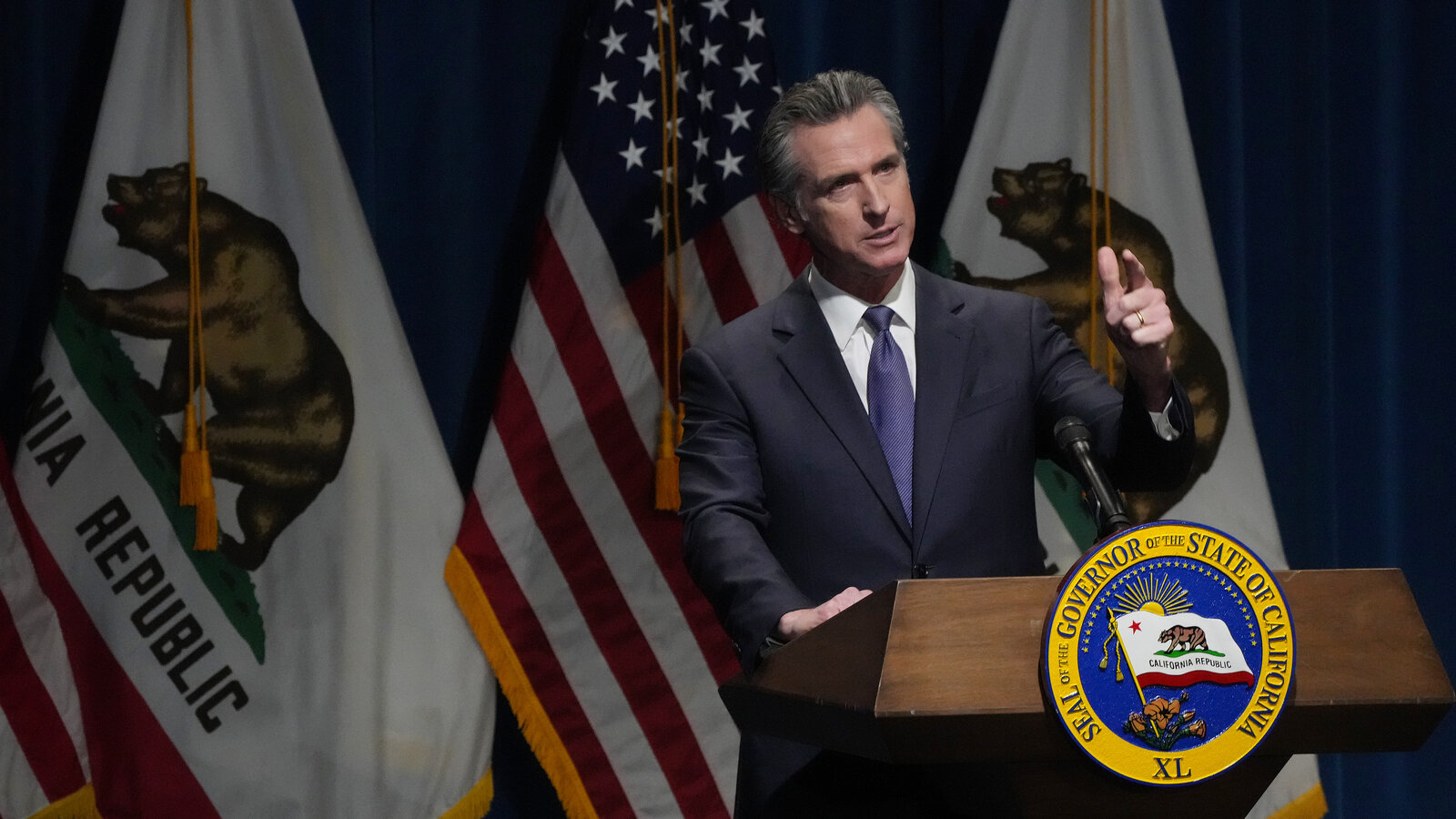FedEx, a renowned player in the logistics sector, has introduced a groundbreaking solution to tackle one of the most intricate tasks in shipping and logistics—efficiently loading cargo trucks. Meet DexR, an advanced robot empowered by artificial intelligence (AI) that promises to revolutionize the art of cargo packing, optimizing how packages are loaded into delivery trucks. DexR stands as a testament to the remarkable strides being made in the realm of robotics and AI.
Efficiency meets precision in cargo packing
Cargo packing poses a complex challenge, particularly for industry leaders like FedEx. This task involves arranging packages of various sizes and weights that optimize space utilization, guarantee package safety during transit, and minimize delivery timelines. Traditionally, human operators have been tasked with navigating these intricacies. However, FedEx’s DexR aims to rewrite the rulebook.
DexR relies on a fusion of cutting-edge AI and a sophisticated sensor suite to address the nuances of cargo packing. Unlike traditional methods that adhere to a predefined package sequence, DexR employs its sensors to evaluate the dimensions of each package as it arrives. This real-time data empowers DexR to make informed decisions about the precise placement of each package within the truck, ensuring a snug and secure fit amidst other packages.
One of DexR’s standout features is its remarkable adaptability. The robot continuously monitors the cargo as it loads, promptly responding to any package shifts or weight distribution alterations. This real-time adaptability minimizes the risk of cargo damage during transport and guarantees that every inch of space within the delivery truck is utilized with utmost efficiency.
The central role of artificial intelligence
The success story of DexR is fundamentally grounded in artificial intelligence. Advanced algorithms drive the robot, facilitating the calculation of the optimal placement for packages based on their dimensions and weight. DexR doesn’t just consider the immediate package but also accounts for its impact on subsequent packages, thus minimizing wastage of space and enhancing overall cargo stability.
The future landscape of robotics in logistics
FedEx’s investment in DexR mirrors a larger trend unfolding within logistics—an escalating reliance on robotics and AI to address multifaceted challenges. As technology advances, it is reasonable to anticipate the gradual delegation of tasks previously carried out by humans to robotic counterparts. This shift promises heightened efficiency and reduced operational costs for logistics enterprises, ultimately translating into swifter and more dependable consumer deliveries.
While DexR is a prime example of AI’s potential in logistics, it is crucial to acknowledge the hurdles that persist. The dynamic nature of real-world cargo packing presents obstacles that robots must surmount. DexR’s adaptability represents a significant leap forward, yet scenarios may arise where human intervention remains indispensable.
FedEx’s unveiling of the AI-powered DexR robot marks a momentous milestone in logistics. DexR pledges to enhance efficiency, trim operational costs, and elevate delivery services by addressing the intricate realm of cargo truck packing. While challenges endure, such as managing unforeseen circumstances, the future of robotics in logistics appears promising. As technology unfolds, we can anticipate a wave of innovations poised to reshape the industry and elevate the standards of global goods transportation.





